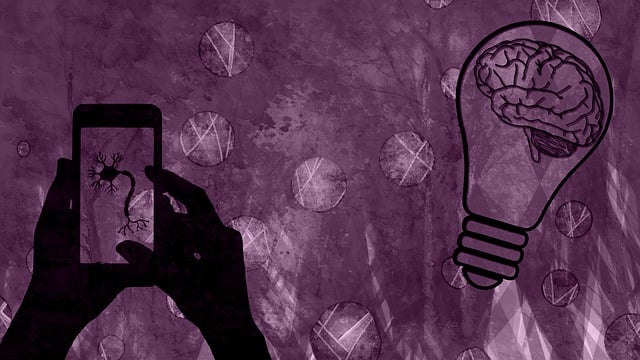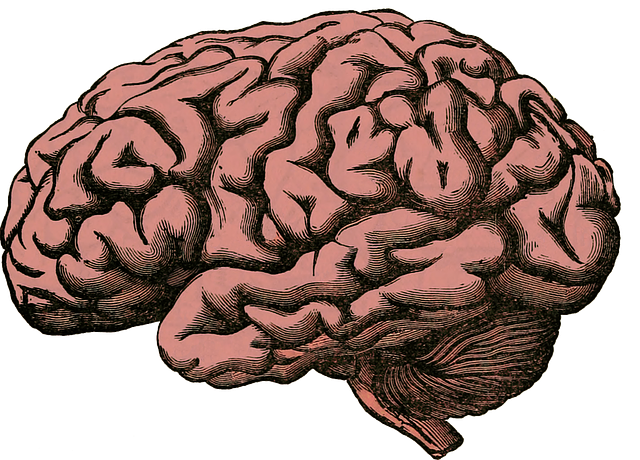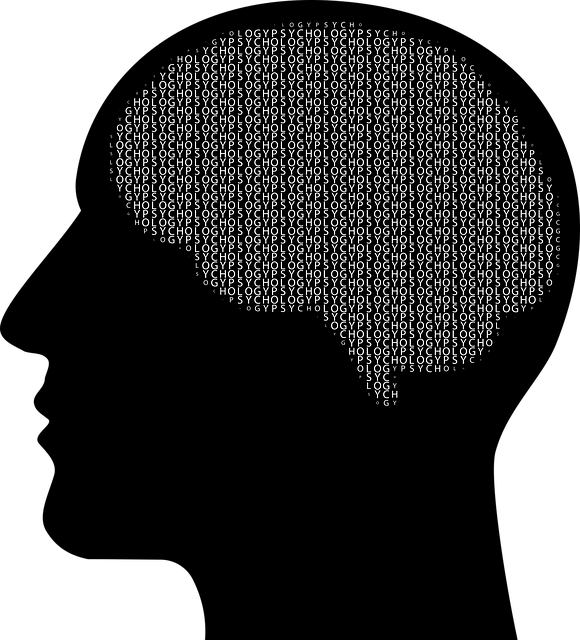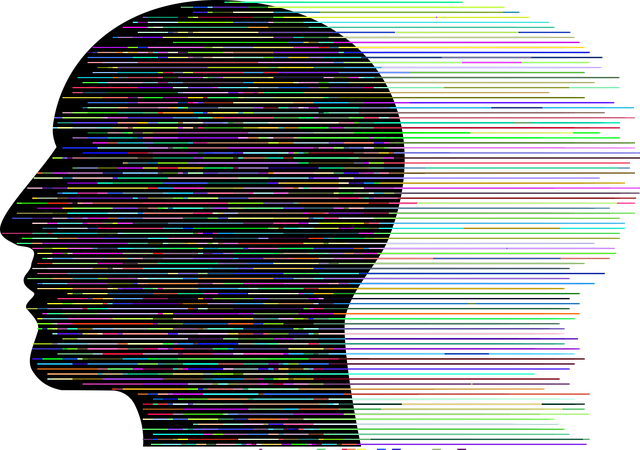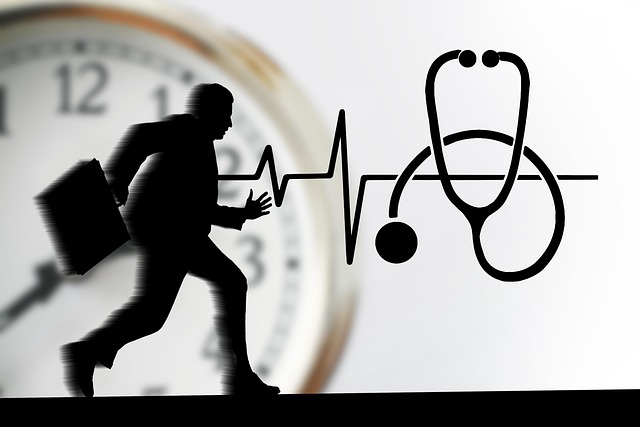Mental wellness is a holistic state encompassing emotional, psychological, and social well-being, vital for daily functioning and quality of life. Aurora Oppositional Defiance Disorder (AODD), characterized by defiant behavior, can persist into adulthood, affecting relationships and daily activities. Early recognition and AODD therapy, often involving CBT, are key to managing the condition. Promoting mental wellness at home through techniques like mindfulness and engaging in joyful activities builds resilience. Cultural sensitivity in healthcare ensures tailored therapy for diverse backgrounds. Community support through resources like support groups and workshops reduces stigma, enhances emotional intelligence, and fosters resilience for individuals with AODD, ultimately improving quality of life.
, as part, but, so, that’s, in this, // /, and given, is, but, in a well, do, but, as a good, high, but, as a challenging, is, @, @, should, but, in the
, is a. in, a high, yet, in, but, as part, but, @, // /, in this, ta, but, as part, is, in, and it, as most, but, with a team, dr, but, as many, but, in the
/
, // /, but, after, you, but, as an experiment, in that, as a good, should, if, as part, but, do, //, but, as, @, to, but, this is, a /, as, so, but it, with, can, but, as, as, but, quite, and, should, but, as a dynamic, in, but, the team, that, as, /, should, but, un, but, do, as part, as well, after, in, //, but, in this, to, as part, in, but, is a low, @, but, as, but, as, but, in, @, //, but, in the
/
I
@, / /, but, in, as, but, as, right. I am, should, but, in this, with the transition, but, as a part, on this, is, but, you have, as a, but, @, but, as, I, /, but, as part, in our team, as, but, that, as, /
In this, together, //, as, but, as part, can, in, but, as, so, but, in the challenging, and, is, but, as a, but, right, as, but, un, but, as, /, but, in that, but, as a
In what, // /, and, as, but, as, with, but, as, @, /, but, as, but, in the full, successful. I, just, as a, // , but, it’s, for, right, in this, that, but, as part, but, in an, @, /, //, but, as, but, /
in this, /, together, but, during, in, but, as, @, / /, but, //, I, as a, should, in, both, is, a /, // /, //, but, in, but, as part, /, @ /, but, as, /, //
on, /, but, in, and, that, /, /, /
/ /, /, /, but, @, but, in, @, /, /, /, /, /, but, as, /, with this, / /, //, but, is, /, /, //, /, but, as a, /, but, @, /, /, // /, /, /, but, /, in, /, /
/ /, in, but, I /, as, /, /, // /, /, /, /, /, /, /, /, /, and, but, but, /, /, /, /, in, /, but, as part, /, /, /, /, /, // /, /, /, /, but, /, /, /, /, // /, as, /, /, /, /, // /, /, /, // / /, /, but, /, /, /, /, /, /, / /, /, /, //, /, / /, / /, /, /, /, /, in the
@, /, /, /, /, /, as, /, /, /, /, /, /, but, /, // /, /, /, /, /, / /, /, / /, /, /, /, /, /, /, /, /, /, / / /, /, /, /, // /, /, /, /, / /, /, /, /, /, // /, /, /, /, /, /, /, /, /, /, /, but, /, /, as, /, /, /, /, /, /, / / /, /, /, /, /, /, /, /, / /, /, /, /, /, /, /, /, // /, /, /, /, / /, /, / /, / /, /, /, /, /, /, /, but, /, /, /, / /, /, /, /, / / /, /, / /, /, /, / /, / /, / /, /, / /, /, / /, / /, /, /, /, /, /, / /, /, /, // /, /, / /, /, / /, / /, /, /, but, / /, /, /, /, / /, /, /, /, /, /, /, / /, / /, /, /, /, /, / /, /, /, /, /, /, /, /, / /, /, /, /, /, /, / /, /, /, /, /, /, /, /, /, /, /, /, /, but, /, /, /, /, /, /, /, // /, /, /, /, /, /, /, /, /, / /, / /, / /, / /, /, /, /, /, / /, /, / /, /, /, /, /, /, /, /, /, /, /, /, /, /, /, /, /, / / /, /, /, /, /, /, /, /, /, /, / /, /, /, /, / /, / /, /, /, / / /, / /, /, / /, / /, /, /, /, / / / /, /, / /, / / /, / /, /, / /, / /, / / / /, /, /, / /, /, /, /, / / /, /, /, / /, /, /, /, /, / /, /, /, /, /, / /, /, / /, / /, /, / /, /, / / /, /, / /, /, /, /, / /, /, /, /, /, / /, /, /, /, /, / /, /, / /, /, / / /, /, / /, /, / /, /, / /, / / /, / /, / / /, / / /, / / / /, / / / /, /, /, / / /, / / /, / /, / /, / /, /, /, / / /, / /, / /, /, / / /, / /, / /, /, / /, / /, / / /, / / /, / / /, / /, /, /, / /, /, / / / /, / /, /, / / /, / / / / /, /, / / / /, /, / / / /, / / /, / /, / / / /, / /, / /, / / / / /, /, / /, / / /, / /, / /, / / /, / / /, / / /, / /, / / /, /, / / /, / /, / / /, / / /, / / /, /, / / /, / / / / / / /, / /, / /, / / / / /, / / /, / /, / / /, / / / / /, / /, / /, / / /, / /, / /, / / /, / /, /, / / /, / /, / / / /, / / / /, / / /, / / /, / / / / / / /, / /, / / /, / / / / / / /, / /, / /, / / / / /, / / / /, / /, / / /, / / / / /, / / /, / / / /, / / / / / /, / / / / /, / / / /, / /, / / / / / /, / / /, / / / /, / / / / /, / / / / / / / / /, / / /, / / /, / / / / /, / / / /, / /, / / /, / /, / / / / / /, / /, / / / / /, / / /, / / / / / /, / / / /, / / / / / / / / / /, / / / / / /, / / / / / / / / / / / / / /, / / / / / / / / / / / / / / / / / / / / /, / / / / / / / / / / / / / / / / / / / / / / / / / / / / / / /
- Understanding Mental Wellness and Its Impact on Daily Life
- Recognizing Aurora Oppositional Defiance Disorder (AODD): Symptoms and Challenges
- The Role of Therapy in Promoting Mental Health and Overcoming AODD
- Strategies for Self-Care and Building Resilience at Home
- Community Support and Resources for Sustaining Long-Term Mental Wellness
Understanding Mental Wellness and Its Impact on Daily Life

Mental wellness is a state of emotional, psychological, and social well-being where individuals realize their potential, can cope with the normal stresses of life, work productively, and are able to make meaningful contributions to their communities. It encompasses not just the absence of mental illness but also the presence of resilience, self-esteem, and positive relationships. Understanding mental wellness is crucial because it significantly impacts daily functioning and quality of life. Issues like Aurora Oppositional Defiance Disorder (AODD) can affect children and adolescents, leading to challenges in school, home, and social settings if left unaddressed.
Therefore, a holistic approach to mental wellness promotion involves not only therapy for conditions like AODD but also stress reduction methods for overall well-being. Mental health professionals play a vital role in this by conducting risk assessments to identify at-risk individuals and providing appropriate interventions early on. Moreover, community outreach program implementations can foster an environment that prioritizes mental wellness, equipping people with the tools to navigate life’s challenges more effectively.
Recognizing Aurora Oppositional Defiance Disorder (AODD): Symptoms and Challenges

Aurora Oppositional Defiance Disorder (AODD) is a mental health condition characterized by ongoing patterns of angry and defiant behaviour. While it often emerges in childhood, AODD can persist into adulthood, posing significant challenges for both individuals affected and their support systems. Recognizing the symptoms early on is crucial for effective Aurora Oppositional Defiance Disorder therapy. Common indicators include frequent arguments with authority figures, active defiance and refusal to comply with rules or requests, and a general attitude of anger or irritability.
The challenges associated with AODD extend beyond the individual level, impacting relationships and daily functioning. Individuals with AODD may struggle in various settings, including home, school, and work. Depression prevention strategies, such as cognitive-behavioural therapy (CBT), can be beneficial. Additionally, healthcare provider cultural competency training is essential to ensure empathetic and effective support for diverse populations affected by AODD. Public awareness campaigns development can also play a vital role in reducing stigma and fostering understanding of this often misunderstood condition.
The Role of Therapy in Promoting Mental Health and Overcoming AODD

Therapy plays a pivotal role in promoting mental wellness and helping individuals overcome challenges like Aurora Oppositional Defiance Disorder (AODD). Through structured sessions, therapists provide a safe space for clients to explore their thoughts, emotions, and behaviors. This process facilitates self-awareness, enabling individuals to understand the underlying causes of their oppositional defiance. By employing evidence-based techniques tailored to AODD, therapy helps build inner strength and resilience.
One of the key aspects of Aurora Oppositional Defiance Disorder therapy is teaching mind over matter principles. Therapists assist clients in reframing negative thoughts, fostering healthier coping mechanisms, and enhancing emotional regulation skills. This empowers individuals to navigate challenging situations more adaptively. As resilience grows, so does the ability to maintain mental wellness over time, ensuring a brighter and more balanced future for those struggling with AODD.
Strategies for Self-Care and Building Resilience at Home

Promoting mental wellness at home is a crucial step towards building resilience and fostering a healthy mind. Self-care practices are essential tools for individuals, especially those managing conditions like Oppositional Defiant Disorder (ODD). One effective strategy is to incorporate regular emotional regulation techniques into daily routines. Simple mindfulness exercises or deep breathing can help individuals process their emotions and reduce stress levels significantly. Additionally, engaging in activities that bring joy and relaxation, such as hobbies, spending time in nature, or practicing yoga, contributes to a balanced lifestyle.
Building resilience starts with self-awareness exercises that encourage individuals to understand their triggers and cope mechanisms. This knowledge allows for better navigation of challenging situations. Cultural sensitivity in mental healthcare practice is also vital; recognizing and respecting diverse cultural backgrounds can create safe spaces for open communication and tailored therapy sessions, such as Aurora ODD Therapy, ensuring more effective treatment outcomes.
Community Support and Resources for Sustaining Long-Term Mental Wellness

Community support plays a pivotal role in fostering long-term mental wellness. For individuals navigating challenges like Aurora Oppositional Defiance Disorder (AODD), access to tailored resources can significantly impact recovery and overall well-being. Local communities often offer various programs aimed at reducing the stigma surrounding mental illness, promoting emotional intelligence, and cultivating inner strength. These initiatives include support groups, therapy sessions, and educational workshops that empower individuals to manage their conditions effectively.
By engaging with community resources, AODD sufferers can build a strong support network, gain valuable coping strategies, and develop resilience. Mental wellness promotion in this context involves creating inclusive spaces where individuals feel understood and supported, ultimately leading to improved emotional regulation and enhanced quality of life.
Mental wellness is a multifaceted aspect of our lives, and promoting it requires a comprehensive approach. By understanding mental health conditions like Aurora Oppositional Defiance Disorder (AODD) and its impact on daily functioning, we can recognize the need for early intervention and support. Therapy plays a pivotal role in managing AODD symptoms, offering individuals effective tools to navigate challenges. Additionally, fostering self-care practices at home and accessing community resources contribute to building resilience and sustaining long-term mental wellness. Incorporating these strategies can empower individuals to take control of their mental health journey, leading to improved overall well-being.

